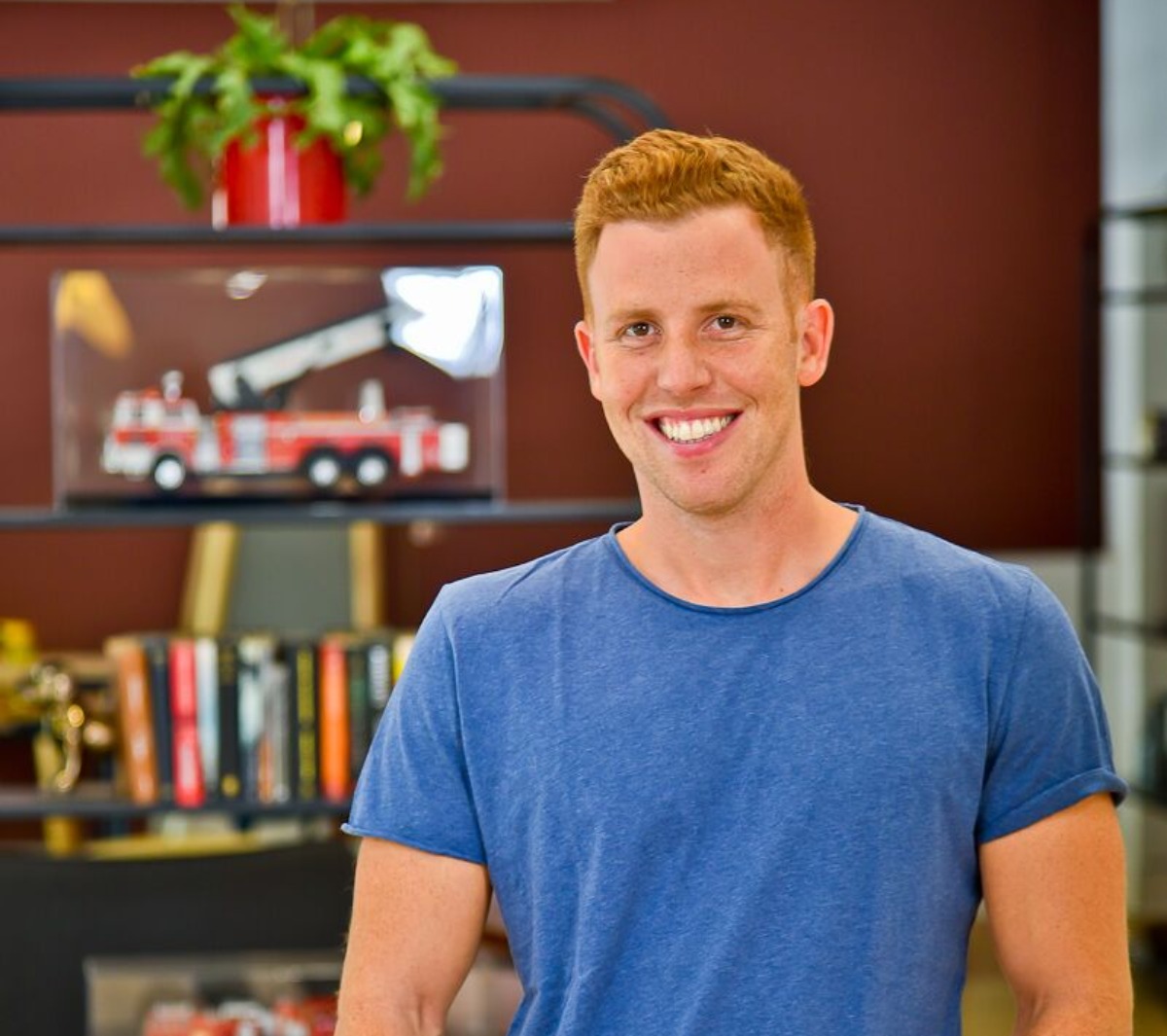By Gil Sperling, Co-CEO at Flow Living
The shift to doing everything from shopping to finding a home isn’t moving online – it’s moved. It’s happened out of necessity under global lockdowns, but it’s simply the acceleration of a shift that was going to happen anyway. The exponential growth of online shopping and entertainment adoption in South Africa is a sign of this leapfrog effect – people trust the online environment and make increasingly important and valuable decisions and purchases, online.
Any industry ignores that shift at its peril – and one of the industries most likely to get left behind if it keeps operating the way it does, is the property industry. Of course, there are levels of online presence – and simply having a Facebook page or Instagram account doesn’t cut it anymore. Bigger brands are spending more and more money marketing to potential customers on social media, because that’s where all the eyeballs are. There are 23 million South Africans on Facebook and Instagram, and 70% of them use the platforms every single day. Now, more than ever, social media is the channel that these transactions are coming from – so they’re the perfect place to match keen buyers and renters with the properties they’re seeking. More than 50% of global marketing spend is now being invested in digital channels – and more than 60% of that spend is on Facebook, Instagram and Google. If you’re not using Facebook performance marketing media, your business is being left behind.
Having expensive billboards, street pole and dustbin ads on every corner is of limited value in a world where fewer people are on the roads. Effectively, if you’re not marketing effectively on social media channels, you’re going to lose business – and even worse, head towards irrelevance.
Social media algorithms don’t exist to support YOUR business
Practically, having an effective social media marketing presence as an estate agent means that you have the ability to generate positive, effective and instant leads for property sales. Proper targeting and harnessing of the complexities of the Facebook algorithms which govern who sees what, when is a challenge – particularly at volume – so automating the process and delivering measurable results is vital. When done correctly, it’s possible to laser-target people in relevant demographics, in specific areas, looking for particular properties, within given timeframes – and convert those leads. In the online space, the chances of converting a hot lead deteriorates by 40%, every 5 minutes – and 78% of leads are closed by the first business to respond. If you’re not maximising those leads, you’re doing your clients a disservice.
You’re not going to get maximum visibility or conversion from putting up listings on your company Facebook page – targeting and converting those people requires effective performance marketing, which is a highly specialised skill. If you have 500 likes on your company page and you simply put up a post, 1% of your audience is likely to see it in their feed, due to Facebook’s organic reach algorithm. It’s also easy to say ‘anyone can put together a Facebook ad‘ – but plenty of people can also draw lovely pictures, without being considered artists.
You’re wasting your time serving properties to random people who may not be in the market, or in the market in the area for the properties they’re seeing in your scattergun posts. You should be sending them ads for what they’re looking for, when they’re looking for it. It can seem overwhelming, but FlowFuel’s proprietary technology automatically creates powerful, effective ads on social platforms like Facebook, Instagram and LinkedIn, delivering better business leads, faster than ever before – and more cost effectively – to estate agents and landlords.
Taking hard-earned trust into the digital world
There are two main objectives when looking to leverage digital tools effectively in the proptech space (as is the case of FlowFuel). One is to drive leads. The automated creation of ads means that, if you have the right collateral at hand, you won’t need to lift a finger, and still get the ad served to the right people at the right time.
Another objective is to help build brands. The property industry is built largely on long-term cultivation of trusted relationships and a positive image of an agency brand – and there’s nothing about this new online world that’s going to change that. BUT the way of cultivating those relationships and building that trust has changed with this shift to social media marketing. You need to target them where they are – and where they are, for significant portions of their day, is on social media platforms. It’s still possible to completely dominate a suburb in terms of branding and reputation, with that branding pushed into the palm of each prospective tenant or buyer’s hand rather than possibly being seen on a hasty run to the shops.

